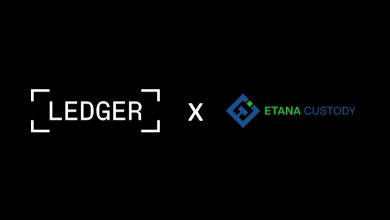Kadena Raises $2.25MM in First Round of Funding For Innovative Blockchain Platform

Kadena , a smart-contract blockchain platform provider, raised $2.25MM in its pre-A financing round to develop the company’s new public blockchain. Kadena co-founders Stuart Popejoy and William Martino previously led JP Morgan’s Emergent Technologies group, and Martino also worked on the SEC’s Cryptocurrency Steering Committee. This raise gives them exceptional momentum to tackle the urgently growing issues of scalability and security that affect public chains like Ethereum and Bitcoin.
Major investors in the private-placement SAFT round included Metastable, Kilowatt Capital, Coinfund, and Multicoin Capital. Kadena is a post-revenue startup whose private, secure blockchain is currently used by a Fortune 100 company in healthcare and insurance.
While innovations in blockchain like Bitcoin or Ethereum generate excitement, they face serious challenges: transaction speeds are far too slow and many designs that speed things up compromise security. Kadena’s new public protocol, “Chainweb”, uses a “parallel-chain” architecture to push transactions speeds to 10,000 transactions per second and beyond, without sacrificing any assurance.
“Widespread enterprise adoption by industry of blockchain solutions will require public and private blockchain platforms that are capable of real-time, secure, low cost transactions,” says Martino. “We developed Chainweb in order to fill that need, and to accompany our high throughput, scalable protocol for private blockchains.”
The company announced the Chainweb protocol at a cryptocurrency conference in Stanford to considerable excitement. Kadena will use Chainweb in a public blockchain for a new digital currency and utility token. It is under development and expected to launch by the end of 2018.
“The presentation of our Chainweb protocol at Stanford demonstrates how we’re delivering the next stage of cryptocurrency platforms for business adoption,” says co-founder Popejoy. “We intend to change the way people think about smart-contract blockchains.”





